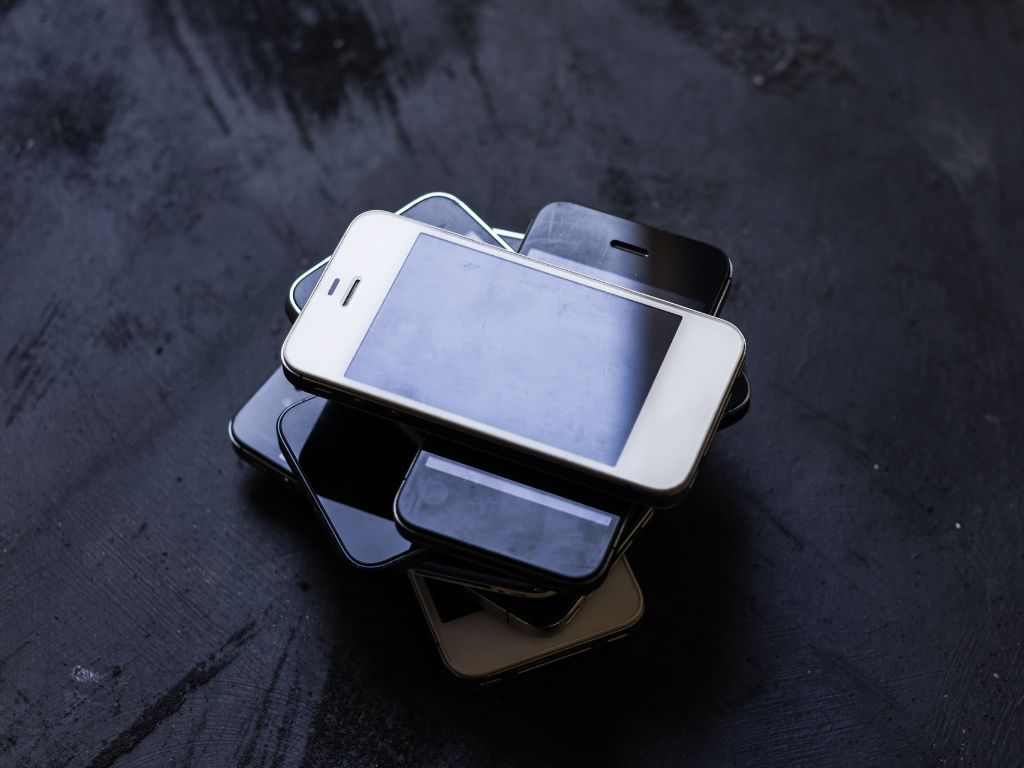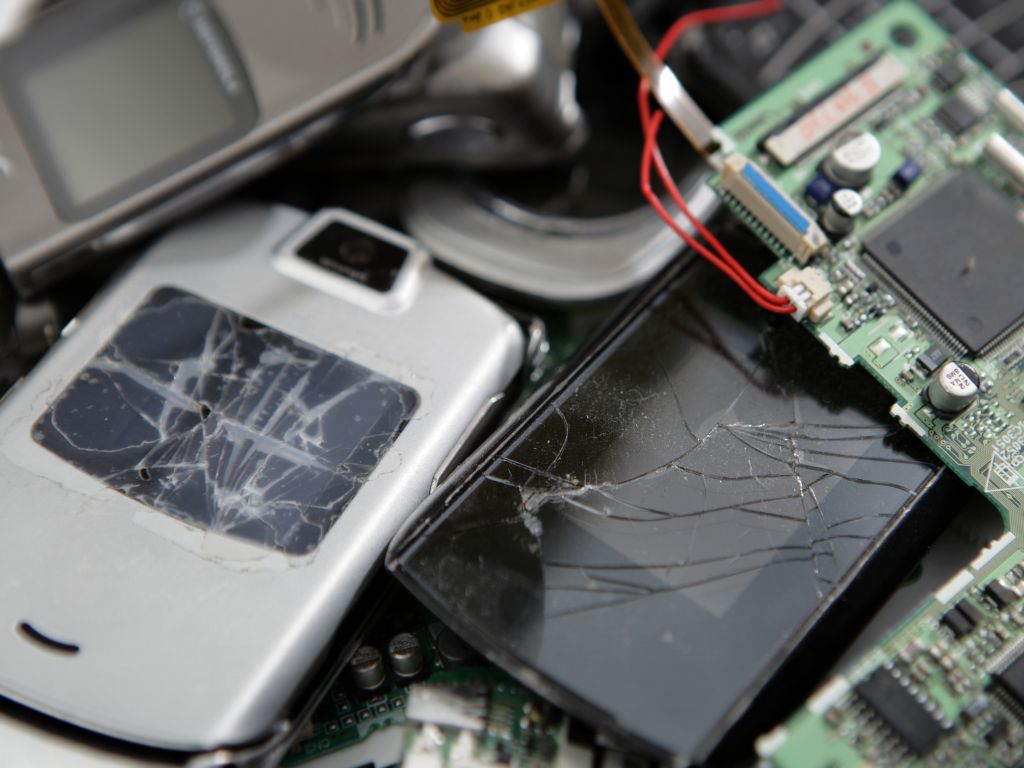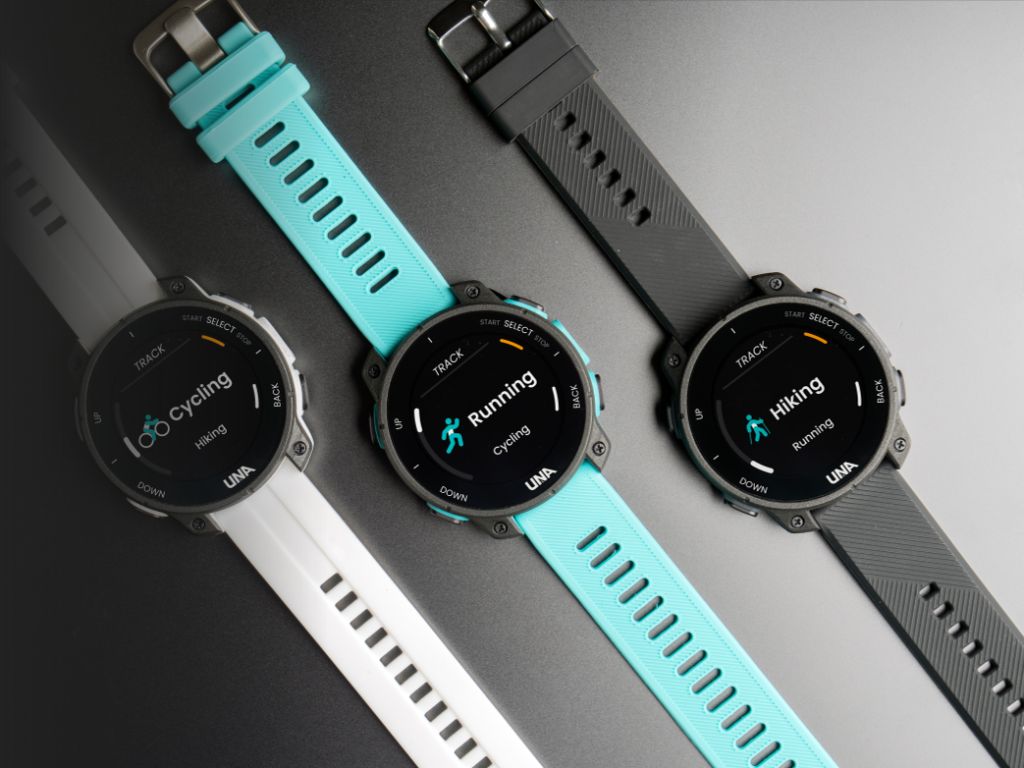Millions of broken smartwatches, phones, and tablets are gathering dust in drawers across the UK as consumers reject repair in favour of replacement, according to a new national survey.

The research, commissioned by wearable tech brand UNA Watch, reveals that almost half of Brits (47%) would rather buy a new device than attempt to fix a broken one. For smartwatches, the picture is even bleaker – half of users (50%) say they’d ditch their device outright if it broke, compared with just 28% who would consider a repair.
It’s a trend that has serious implications for the UK’s growing e-waste problem. More than a third of people (38%) admit to having a drawer dedicated entirely to broken or obsolete gadgets, amounting to an estimated 22 million households hoarding defunct tech. The UK now produces 24kg of e-waste per person annually, making it the second-worst offender globally behind Norway.

The nationally representative survey, carried out by independent insights agency Opinion Matters, highlights how widely this frustration is shared. More than half of respondents (54%) believe manufacturers deliberately make products unrepairable – a sentiment even stronger among older generations, with 66% of the Silent Generation (aged 79+) and 65% of Baby Boomers (aged 60-78) holding that view.
Yet despite the dominance of disposability, many are keen to take repair into their own hands. Half of Brits (50%) say they’d like to fix their broken belongings, but feel they lack the skills or information to do so. Nearly six-in-10 (56%) say they don’t have the know-how to repair tech, with the figure rising to 70% among Baby Boomers. And a third (34%) say they wouldn’t even know where or how to recycle their old devices.
Wearable tech entrepreneur Lewis Allison, co-founder of UNA Watch, believes this throwaway culture is neither inevitable nor sustainable. His Scottish company is launching the world’s first modular, repairable GPS sports watch via Kickstarter – a device that can be upgraded and fixed by the user, not discarded. He was inspired to create the device after his wife was stung by a £300 bill to fix her Apple Watch two days after buying it.

He said: “The tech industry has normalised disposability, but it doesn’t have to be this way. When a screen cracks or a battery dies, that shouldn’t mean the end of the device. Smartwatches should last, evolve, and be repairable by wearers – just like any other tool people rely on daily.”
Backed by more than £300,000 in early investment, UNA Watch has now raised more than £240,000 through the Kickstarter, backed by more than 1,200 orders. But for now, the brand is focusing on direct-to-consumer sales as more and more people are rebelling against the stranglehold of big tech.

Lewis believes modular design could help change attitudes, allowing consumers to extend the life of their devices and push back against built-in obsolescence.
He continued: “We’re giving people the power to fix their own tech, saving them money while reducing e-waste. Right now, the only alternative to replacement is an expensive repair service – if one is even available.”

With 44% of people saying they are worried about the environmental impact of e-waste, momentum may be building for a more sustainable approach. UNA Watch hopes to sell 2,500 units through the campaign, generating £500,000 in revenue and building a community of early adopters committed to tackling one of the planet’s fastest-growing waste streams.
To register for the UNA Watch Kickstarter, visit unawatch.com.
Source: UNA Watch







